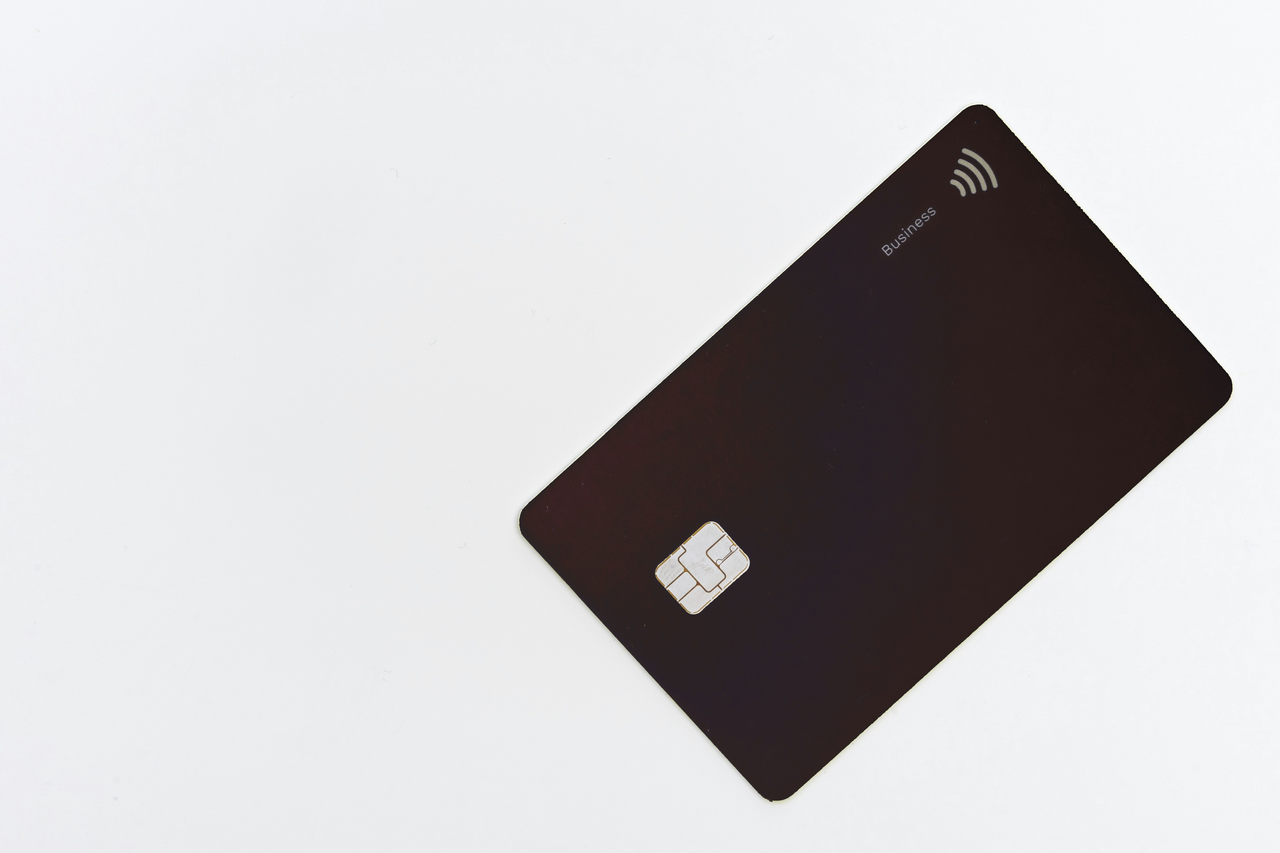Using transaction data for macroeconomic forecasting in times of crisis
Finn Cousins, Research Analyst

We review the paper “Macroeconomic Predictions Using Payments Data and Machine Learning,” published by the Bank of Canada.
QUICK VIEW
- This paper tests whether integrating transaction data into machine learning models improves the accuracy of short-run forecasts for GDP, Retail Trade Sales (RTS) and Wholesale Trade Sales (WTS).
- This hypothesis is tested in Canada using data from 2004-2020, encompassing periods of crisis, namely, the COVID-19 pandemic and the Great Financial Crisis of 2008.
- The authors find that including payments data with traditional economic measures (e.g. unemployment) enhances the accuracy of short-term forecasts for three macroeconomic metrics: GDP, RTS and WTS. Furthermore, the benefit of integrating payments data is shown to be strongest during periods of economic crisis.
- Finally, the authors show that certain payment types, such as point-of-sale transactions (POS) and pre-authorised debit payments (e.g. mortgage repayments and utility bills), provide the most significant improvement to model forecasts.